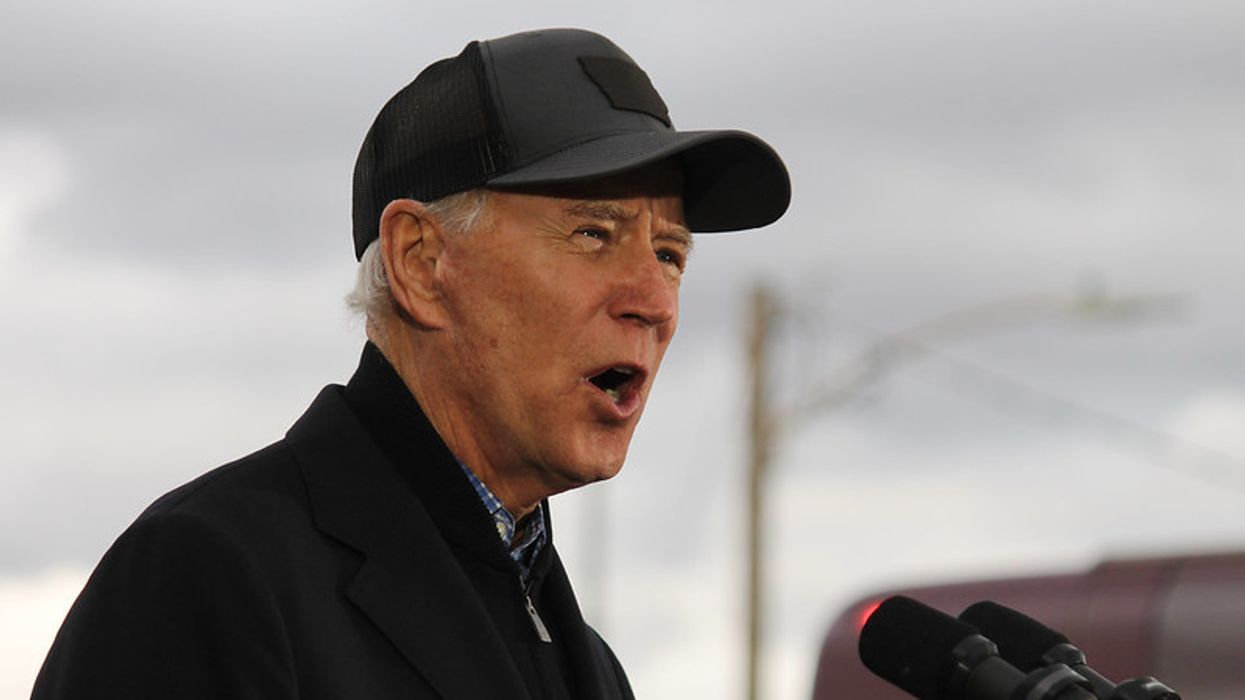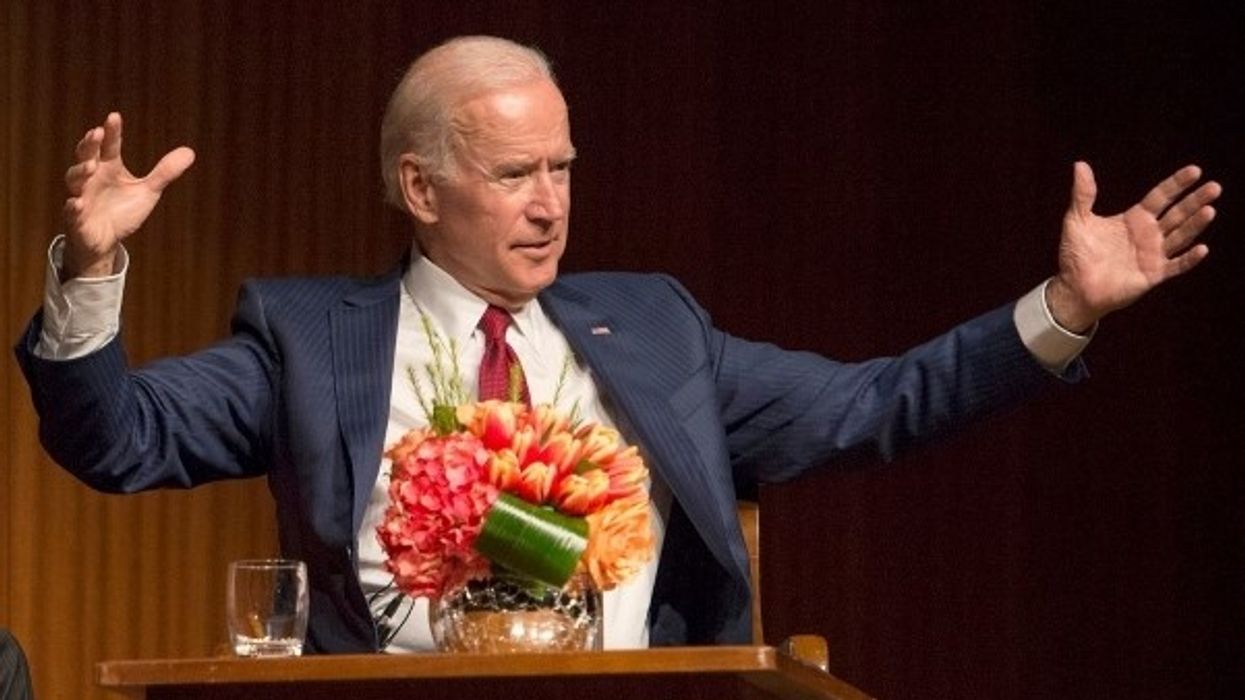In 2022 alone, banks made nearly $8 billion off of charging overdraft fees to low-income Americans whose accounts went below zero — sometimes charging broke customers as much as $37 per overdraft. Now, a new proposed rule by President Joe Biden's administration would limit those fees to as little as $3.
The Consumer Financial Protection Bureau (CFPB) announced the new proposed rule on Wednesday, which would limit overdraft fees to as little as $3 per transaction. The CFPB says the rule — which affects banks with more than $10 billion in assets — would save approximately 23 million American households a total of $3.5 billion per year. Essentially, the rule would close a loophole banks exploited that exempted overdraft lending services from the Truth in Lending Act and other similar legislation aimed at protecting bank customers.
"Decades ago, overdraft loans got special treatment to make it easier for banks to cover paper checks that were often sent through the mail," CFPB Director Rohit Chopra stated. "Today, we are proposing rules to close a longstanding loophole that allowed many large banks to transform overdraft into a massive junk fee harvesting machine."
The Truth in Lending Act, which was passed in 1968, required financial institutions to disclose the full costs of providing loans to customers. At that time, many families sent checks in the mail, and were unsure of when funds would actually be withdrawn and when a cleared check would post to the account holder's balance. This occasionally resulted in an account being overdrawn, after which the bank would issue a loan to cover the difference.
In 1969, when the Federal Reserve Board of Governors was establishing guidelines for the Act's implementation, they allowed an exception in the rules for banks if a depositor "inadvertently" overdrew their account. In the 1980s and 1990s, when debit cards began replacing checks as the primary form of conducting transactions, banks started charging sky-high fees to capitalize on overdraft loans, raking in billions in extra profit. JPMorgan Chase and Wells Fargo are two of the biggest offenders — according to the CFPB, those two banks raked in roughly a third of overdraft fees reported by banks over $1 billion.
"Many banks and credit unions already provide lines of credit tied to a checking account or debit card when the consumer overdraws," the CFPB stated on its website. "The proposal provides clear rules of the road to ensure consistency and clarity."
A post to the CFPB's website established several proposed overdraft fee limits of $3, $6, $7 or $14 solely to help banks recoup costs of issuing overdraft loans rather than as a profit driver, and is soliciting public comment on the appropriate amount.
Reprinted with permission from Alternet.


